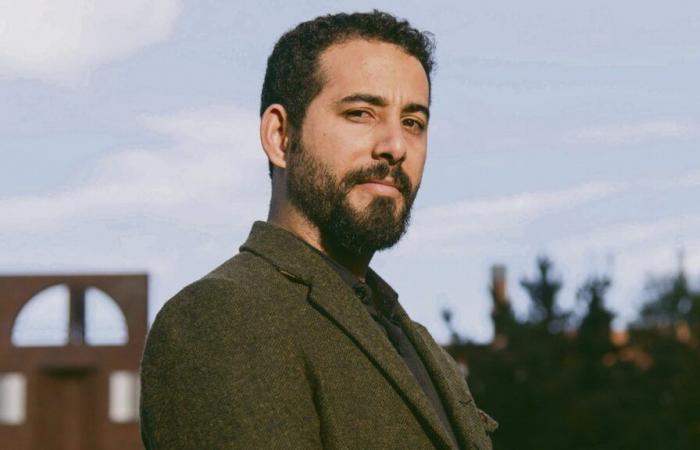Mosab Abu Toha is Palestinian and poet. His collection, What you’ll find hidden in my earpublished by Julliard. While passing through Paris, he tells us about the conditions of his writing, born from the atrocious historical situation of his people, which he has shared, since childhood, in his wounded flesh and soul.
Your collection, which is being published these days in French, immediately takes on, by necessity, a unique character in literature. Is it not, first of all, because it bears witness to suffering experienced in your own flesh?
These poems speak of what happened in Gaza, but also of what is happening today. If I write about my own life, I also write about that of those around me. What happens to others happens to me too. In the poem InjuriesI return to this Israeli raid of January 2009 which cost the lives of sixteen of my relatives.
I was 16 years old. I was wounded in my flesh. I received two pieces of shrapnel. The scars are still there. The pain doesn’t go away. I was not killed, but thirty members of my extended family were, including three first cousins.
It is obvious that this terrible experience endured by you is that of the entire Palestinian people. Wouldn’t we say that poetry, in this case, is more powerful in denunciation than written or filmed reporting?
Belgium






